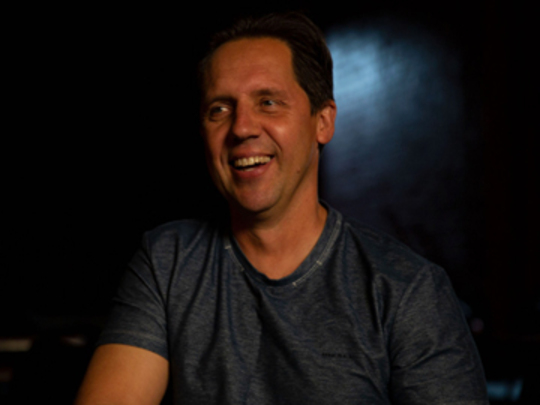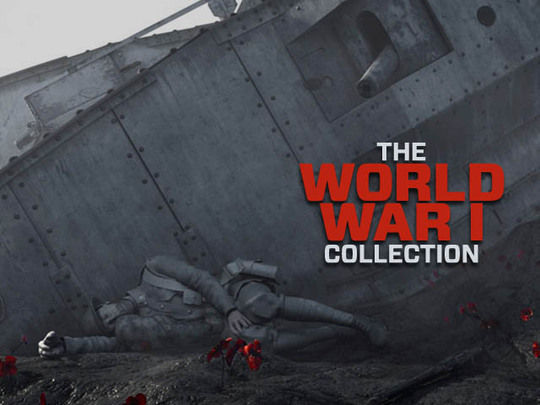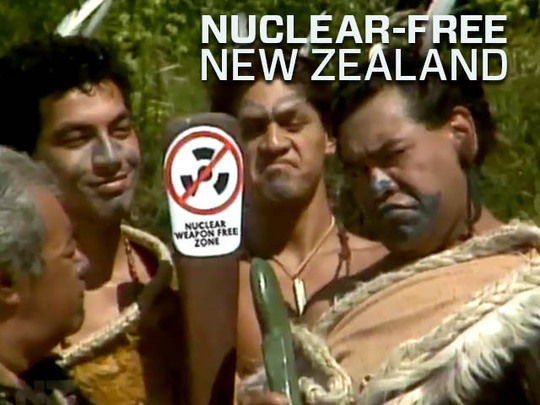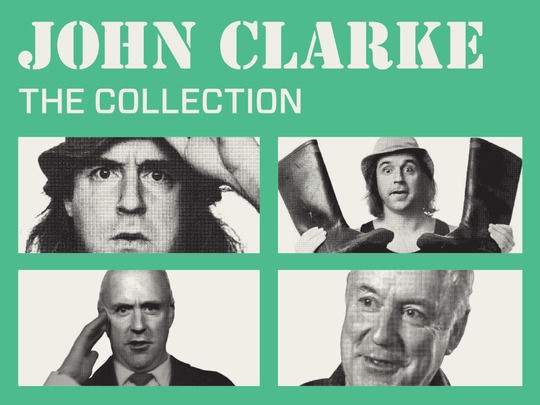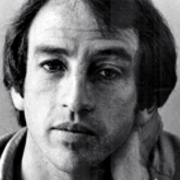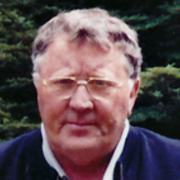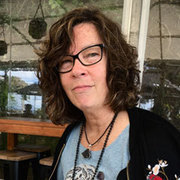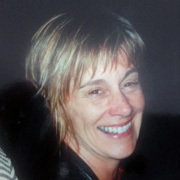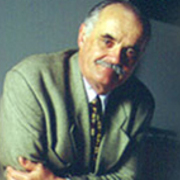Search
Titles (73)
See all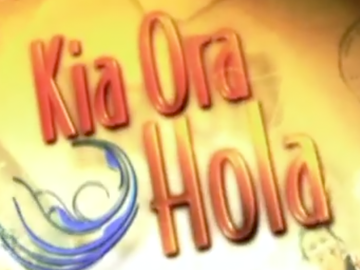
Series
Kia Ora Hola
Television, 2010
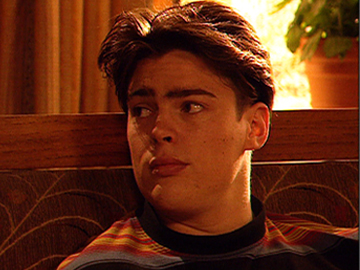
Pathways - Pilot Episode
Short Film, 1994 (Full Length)
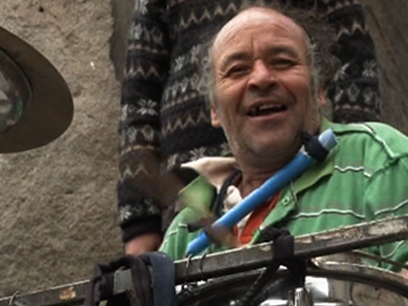
Kia Ora Hola - Episode Four
Television, 2010 (Full Length Episode)
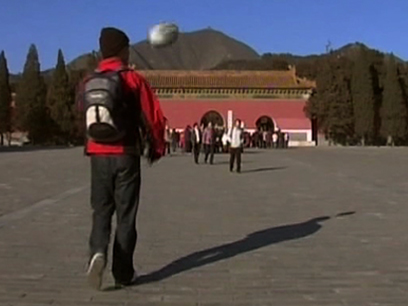
Kia Ora Ni Hao - Episode Three
Television, 2008 (Full Length Episode)
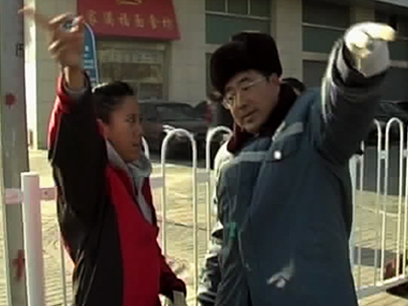
Kia Ora Ni Hao - Episode Four
Television, 2008 (Full Length Episode)
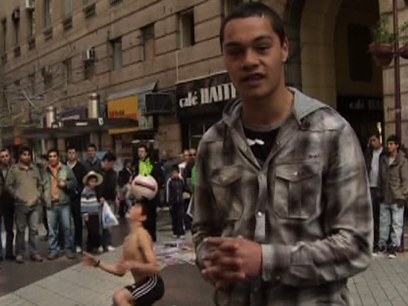
Kia Ora Hola - Episode Three
Television, 2010 (Full Length Episode)
Collections (3)
Interviews (6)
George Andrews: veteran documentary maker...
Interview - Clare O’Leary. Camera and Editing - Leo Guerchmann
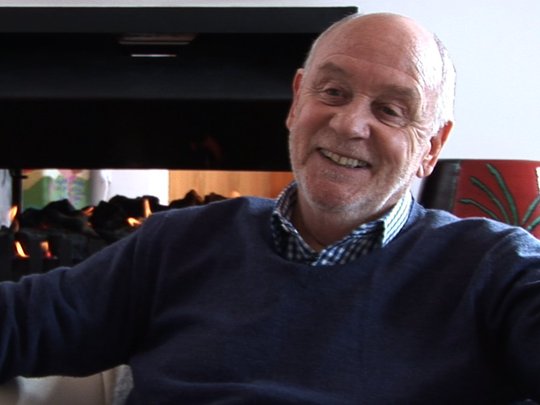
Wayne Tourell: creating landmark television…
Interview, Camera and Editing – Andrew Whiteside
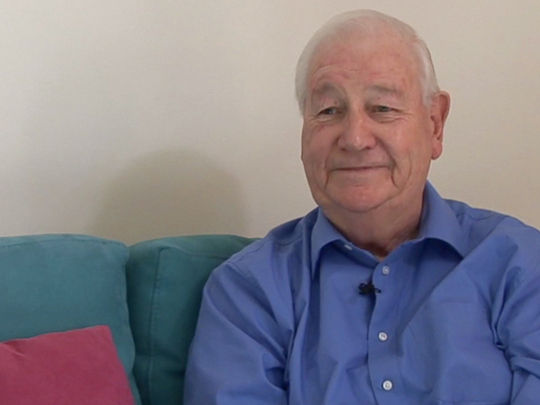
Gordon Dryden: TV current affairs pioneer…
Interview, Camera and Editing – Andrew Whiteside
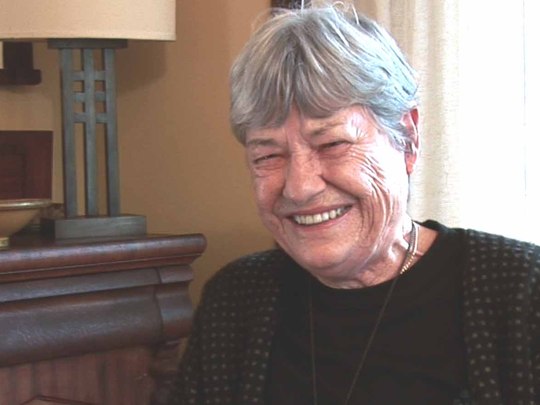
Marcia Russell: behind the revolution...
Interview, Camera and Editing - Andrew Whiteside
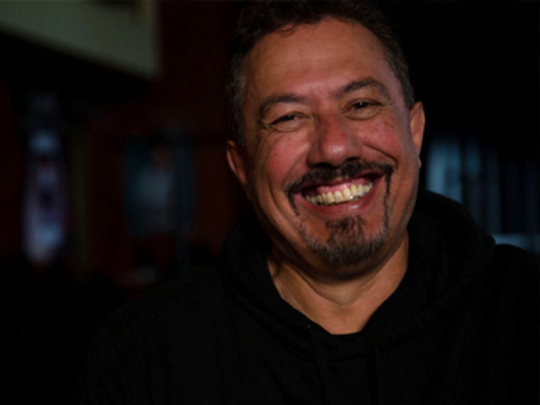
Mike King - Funny As Interview
